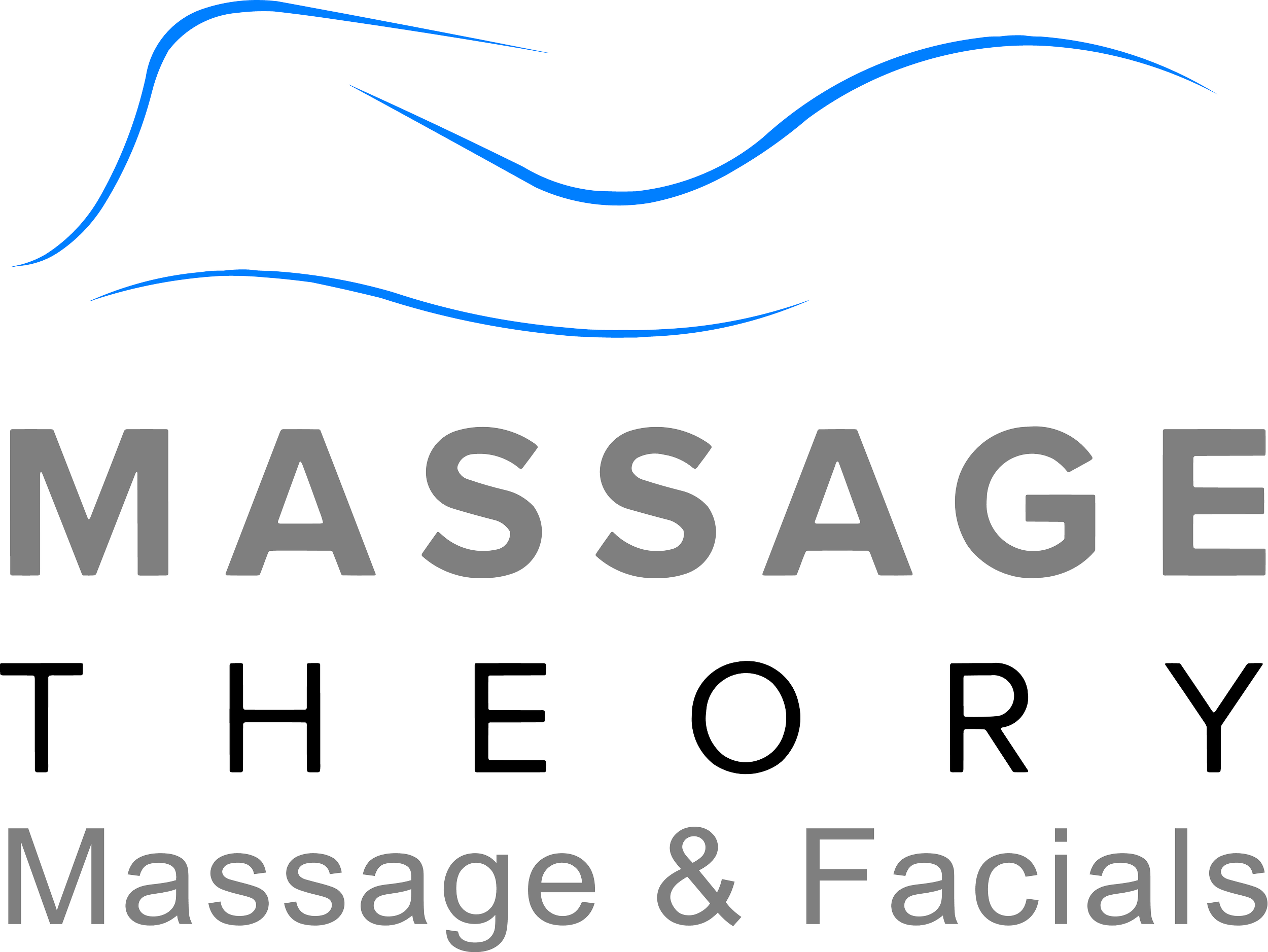Prenatal Massage: A Guide to Safe and Relaxing Pregnancy Massage
Are you experiencing discomfort and stress during your pregnancy? Prenatal massage may be just what you need to help ease those aches and pains. Prenatal massage is a type of massage therapy that is specifically tailored to the needs of pregnant women. It can help improve circulation, reduce swelling, and relieve muscle tension and pain.
Benefits and Safety of Prenatal Massage
Prenatal massage is a safe and effective way to reduce stress and discomfort during pregnancy. It can provide a range of physical and emotional benefits for both the mother and baby. However, it is important to take certain precautions and consult with your healthcare provider before scheduling a massage.
Physical and Emotional Advantages
Prenatal massage can help alleviate a range of pregnancy-related discomforts, including back pain, headaches, joint pain, sciatic nerve pain, and swelling. It can also improve circulation and reduce stress hormones, such as cortisol, while increasing feel-good hormones, such as serotonin and dopamine. This can lead to improved mood, better sleep, and reduced stress levels.
Research has also shown that prenatal massage can improve labor outcomes and newborn health. It has been linked to shorter labor times, reduced need for pain medication, and lower rates of premature birth and low birth weight.
Risk Factors and Precautions
While prenatal massage is generally safe, there are certain risk factors and precautions to be aware of. Women with high-risk pregnancies or certain medical conditions, such as preeclampsia, blood clots, edema, high blood pressure, or deep vein thrombosis, should consult with their healthcare provider before scheduling a massage.
It is also important to choose a certified prenatal massage therapist who has received specialized training in prenatal massage techniques and accommodations. They should be knowledgeable about the unique needs and precautions of pregnant women and able to modify the massage to ensure safety and comfort.
Recommendations for Safe Practice
To ensure the safety and effectiveness of prenatal massage, it is important to follow certain recommendations for safe practice. These include:
Waiting until the second trimester to schedule a massage
Avoiding deep tissue work and perineal massage
Using massage oil that is safe for pregnancy
Using a body pillow or cushions to support the body and avoid lying on the back or stomach
Using a pregnancy massage table that accommodates the growing belly and breasts
Massage Techniques and Accommodations
Prenatal massage typically involves Swedish massage techniques, which use long, smooth strokes, kneading, and circular movements to relax muscles and improve circulation. However, other techniques, such as acupressure and reflexology, may also be used to target specific areas of discomfort.
Massage accommodations may include the use of a pregnancy massage table, which has a hole for the belly and breasts, or cushions to support the body in a side-lying position. The therapist may also use hot or cold compresses to reduce swelling and relieve pain.
Managing Pregnancy Discomforts
Prenatal massage can be particularly helpful in managing the discomforts of pregnancy, such as swelling, back pain, aches and pains, and headaches. It can also provide a much-needed break from the stress and demands of pregnancy, allowing the mother to relax and recharge.
Hormonal and Circulatory Impacts
Prenatal massage can have a significant impact on hormone regulation and blood flow. It can reduce stress hormones, such as cortisol, while increasing feel-good hormones, such as serotonin and dopamine. It can also improve circulation, which can reduce swelling and promote overall health and well-being for both the mother and baby.
In conclusion, prenatal massage can provide a range of physical and emotional benefits for pregnant women. However, it is important to take certain precautions and consult with your healthcare provider before scheduling a massage. By following these recommendations for safe practice and choosing a certified prenatal massage therapist, you can enjoy a safe and relaxing massage experience during pregnancy.
